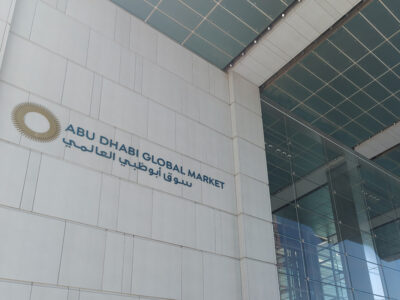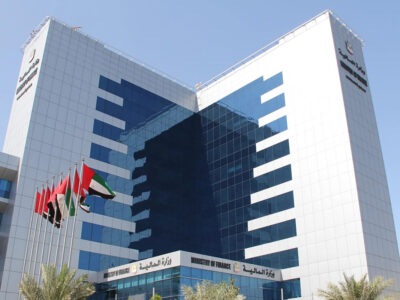The BNPL (buy now, pay later) market in the Middle East is predicted to see an exponential growth in the next few years to reach around $90 billion by 2030, setting off expansion frenzy among leading industry players in the region.
The projected market size will be over a 12-fold jump from the $7.18 billion in 2021, estimated by Precedence Research, a global market research and consulting firm across industry verticals.
UAE-based leading BNPL player Cashew is among the firms which are gearing up to embark on an aggressive expansion plan in the region.
Few other players are also believed to be finalising plans for foraying into newer markets in the MENA region.
“The effects of Covid-19 ignited the BNPL industry, particularly in the MENA region, as many companies profited from being available online and having a payment solution that eased cash flow on consumers, many of whom were affected by unemployment and financial uncertainties caused by the pandemic,” Ammar Afif, chief executive officer and co-founder of Cashew, told Arabian Business.

“The [pandemic] period validated the industry when we saw growth and adoption at a faster clip,” Afif said.
BNPL companies allow shoppers to pay for goods they purchase in instalments over several weeks or months.
Cashew has a partnership with Mashreq, which allows the venture to offer a wide range of products, longer tenure and higher ticket options to consumers.
Afif said the fact that several players came into the market at the same time, creating a highly competitive environment for signing on merchants also helped the industry in the region to expand faster.
Industry experts said factors such as adoption of the newly created BNPL business model by wider demographic sections in GCC and MENA – as against the trend of millennials and Gen Z opting for it – and the high penetration level of credit cards in the region have helped the industry to get a head start in the region.
“The adoption and rate of growth have been quite significant [in the Middle East]. One of the major drivers for this is that BNPL is offered for necessary services in the region, unlike, for instance, in advanced markets such as the US and Europe where it is seen as high-risk ticketing,” Afif said.
He also said studies have shown that in countries with high credit card penetration, there is consumer demand for an alternative to traditional credit, and in countries with low credit card penetration consumers require some type of short-term credit facility.
“In both instances, the no-cost approach of BNPL for customers offers a solution to both needs of the communities, which gives faster traction and higher potential,” the Cashew co-founder said.
Afif said the favourable market conditions in the GCC and the wider MENA region offer high potentials for faster expansion plans to existing industry players, adding that the venture was set for a major expansion in the region in the next few months.
“We will unveil our expansion plans soon,” Afif said.
Tabby, Tamara, Spotii and Postpay are among the other leading BNPL ventures which are growing their operations in the GCC region, with their platforms scaling transaction volumes by several notches month-on-month.
Afif said though the retail sector was leading by miles in terms of consumer adoption for BNPL, other sectors such as telecom, healthcare, education and insurance industries were also seen as potential sectors for the industry to grow this business segment.
Over 2,000 global brands and small businesses, including Adidas, IKEA, SHEIN, and Marks & Spencer use BNPL platforms.
According to the Fintech Times, the global BNPL transaction volume could reach $700 billion by 2025.





